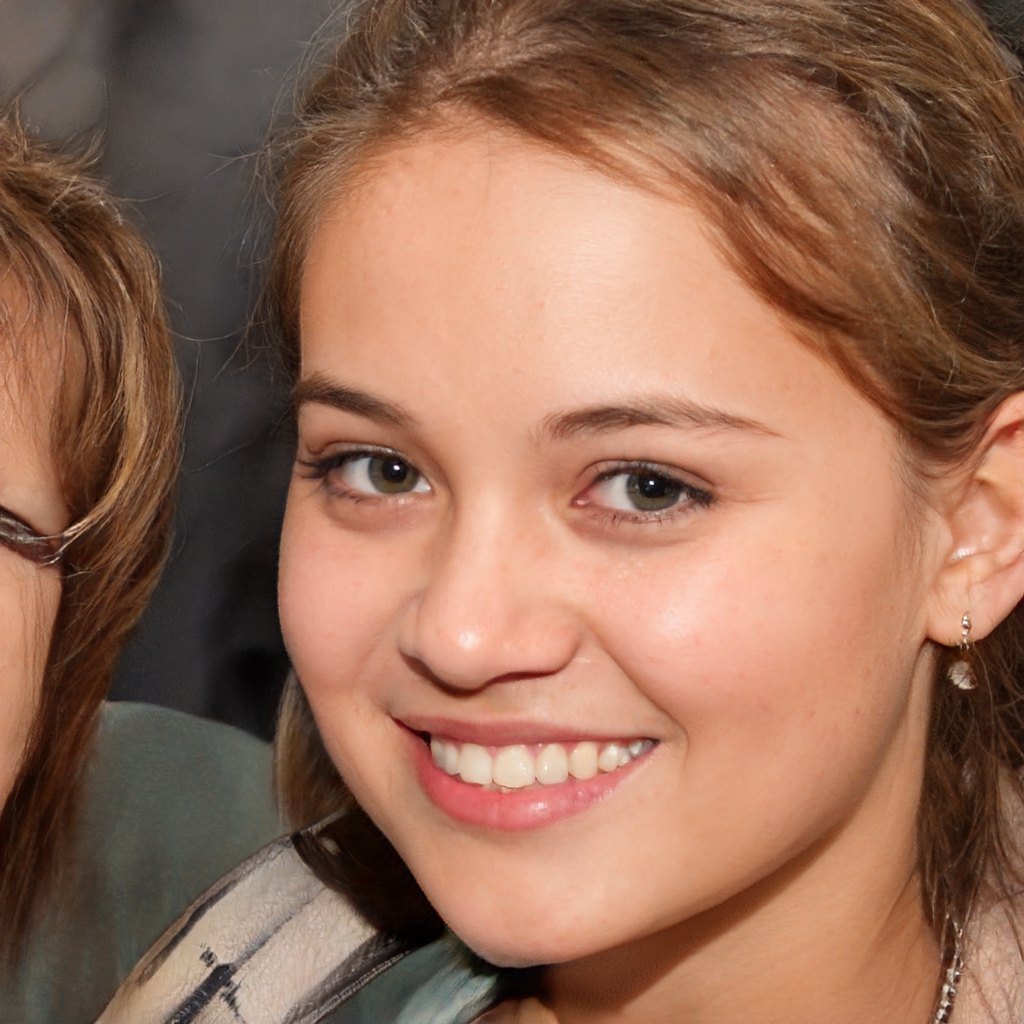An electric charge is a physical property of matter that causes it to interact with other matter via the electromagnetic force. The presence of an electric charge, which can be either positive or negative, creates an electric field. The movement of electric charges is an electric current.
Electric charges come in two types: positive and negative. Positively charged particles are attracted to negatively charged particles, and vice versa. The force between charges is called the electrostatic force.
Charged particles can be found in atoms, molecules, and even in the vacuum of space. The overall distribution of charge in a material determines that material's electrical properties.
What are the 3 types of charge? There are three types of charge in the smart grid: direct, alternating, and surging. Direct charge is when the electric current flows in one direction only. Alternating charge is when the electric current goes back and forth between two points. Surging charge is when the electric current goes in a series of pulses.
What is electric charge class 10th?
Electric charge is a physical property of matter that causes it to experience a force when placed in an electric field. Electric charge is a fundamental property of particles that determines their electromagnetic interaction. The SI unit of electric charge is the coulomb (C).
In a nutshell, electric charge is what allows electricity to flow. It is a measure of the amount of electrical energy present in a material. The more electric charge present, the more electrical energy there is available to flow. What creates an electric charge? An electric charge is created when an atom gains or loses an electron. When an atom loses an electron, it becomes positively charged, and when it gains an electron, it becomes negatively charged. What is unit of electric charge? The SI unit of electric charge is the coulomb (C). One coulomb is equal to the charge of 6.241×10^18 electrons. Which electric charge is possible? There are two types of electric charges- positive and negative. Positive charges are typically found on protons, while negative charges are found on electrons. The types of electric charges that are possible depend on the materials that make up the object in question.
